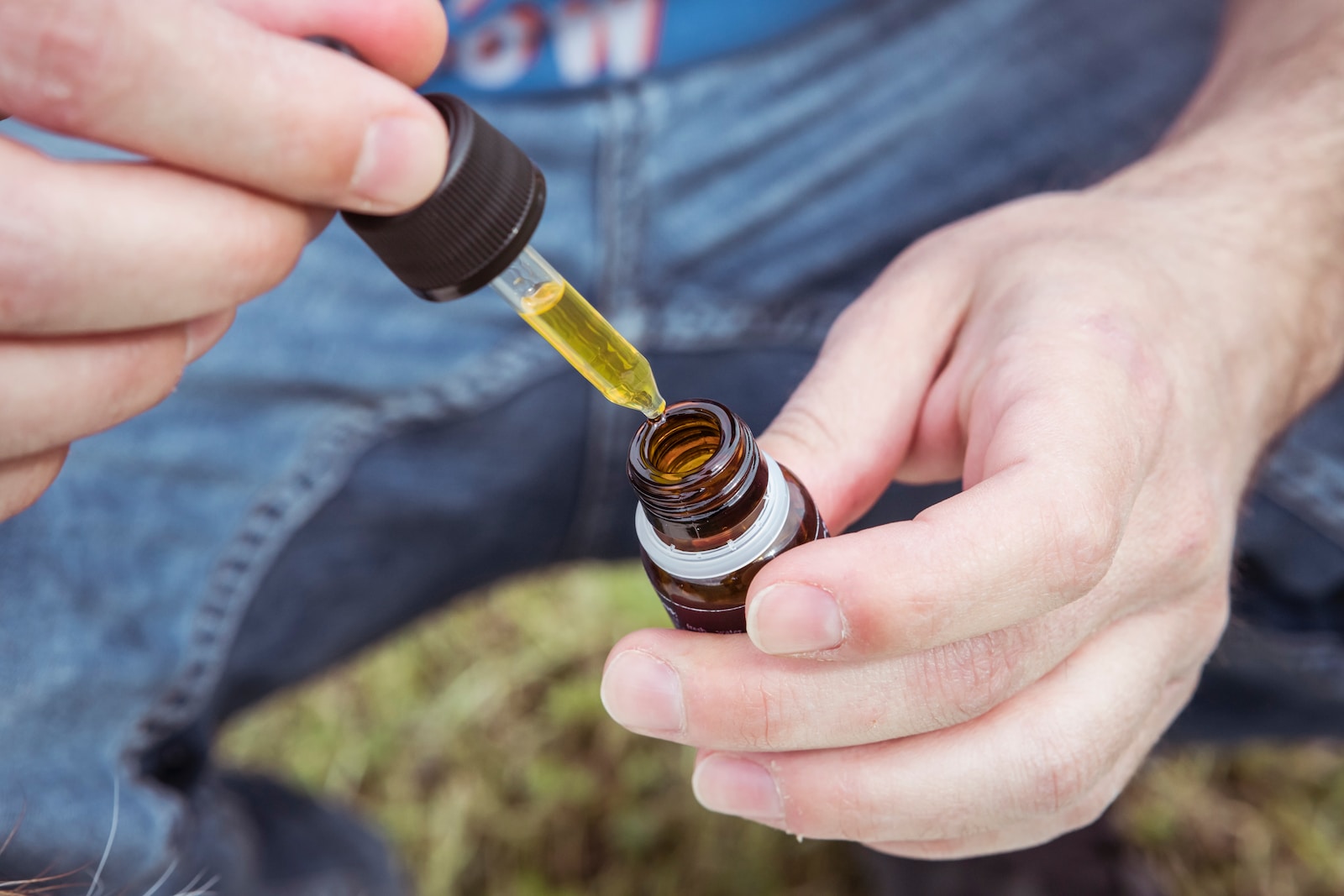In the modern age, the hustle and bustle of daily life often leave us tossing and turning in bed, yearning for a peaceful night’s sleep. Sleeplessness, or insomnia, is a prevalent issue that affects millions worldwide. Amidst the quest for effective solutions, CBD (Cannabidiol) has emerged as a promising contender to promote restful sleep. In this comprehensive guide, we will delve into the fascinating world of CBD and its impact on sleeplessness. From shedding light on the science behind CBD’s influence to addressing common queries, we aim to equip you with valuable insights into achieving tranquility through CBD.
From Tossing to Tranquility: CBD’s Impact on Sleeplessness
CBD, a non-psychoactive compound derived from the cannabis plant, has garnered significant attention for its potential to alleviate various health concerns, including sleep disturbances. Research suggests that CBD may impact sleep by interacting with the endocannabinoid system (ECS), a complex network of receptors that regulates various physiological processes, including sleep.
When it comes to sleep, the ECS plays a crucial role in maintaining a balanced sleep-wake cycle. CBD’s interaction with ECS receptors, specifically those related to anxiety and stress, is believed to contribute to its potential as a sleep aid. By targeting underlying causes of sleeplessness, CBD offers a holistic approach to achieving restful nights.
The Science Behind CBD’s Sleep Benefits
The science behind CBD’s potential sleep benefits lies in its influence on anxiety and stress, both of which are common culprits behind sleep disturbances. Research has shown that CBD may impact the brain’s receptors for serotonin, a neurotransmitter that regulates mood and anxiety. By promoting a sense of calm and relaxation, CBD can potentially reduce anxiety levels, paving the way for improved sleep quality.
Moreover, CBD’s anti-inflammatory properties may also play a role in its sleep-inducing effects. Conditions such as chronic pain or inflammation can significantly disrupt sleep patterns. By alleviating these underlying conditions, CBD indirectly contributes to better sleep by addressing the root causes.
Unraveling CBD’s Impact on Sleep Disorders
Insomnia: A Silent Epidemic
Insomnia, characterized by difficulty falling asleep or staying asleep, is a prevalent sleep disorder that affects a substantial portion of the population. The pharmaceutical market offers various solutions, but their side effects and potential for dependency raise concerns. CBD, as a natural alternative, has garnered attention for its potential to mitigate insomnia’s symptoms.
Research suggests that CBD’s interaction with ECS receptors, particularly CB1 receptors found in the central nervous system, may help regulate sleep-wake cycles. This interaction can promote relaxation, reduce anxiety, and facilitate a smoother transition into restful sleep.
Sleep Apnea: Breathing Easier with CBD
Sleep apnea, a condition marked by pauses in breathing during sleep, can have severe health implications. Continuous Positive Airway Pressure (CPAP) machines are the conventional treatment, but their discomfort often leads patients to seek alternatives. CBD’s potential anti-inflammatory properties come into play here, as they may help reduce inflammation in the airways, potentially improving breathing and sleep quality.
Navigating CBD for Sleep: Dosage and Timing
When incorporating CBD into your sleep routine, dosage and timing are crucial factors to consider. CBD is available in various forms, such as oils, capsules, and gummies, each with different absorption rates. Starting with a low dose and gradually increasing it allows you to gauge your body’s response.
Timing also matters. Consuming CBD an hour before bedtime may help promote relaxation and set the stage for a peaceful slumber. However, individual responses may vary, so it’s essential to find the timing that works best for you.
FAQs about CBD’s Impact on Sleeplessness
Q: Can CBD make me feel high?
A: No, CBD is non-psychoactive and does not produce a “high” sensation. It’s THC, another compound in cannabis, that causes this effect.
Q: Is CBD legal?
A: CBD derived from hemp containing less than 0.3% THC is legal in many places. However, it’s essential to check your local laws and regulations.
Q: How long does it take to experience CBD’s sleep benefits?
A: The effects of CBD can vary. Some people may experience improvements in sleep quality within a few days, while others may take a few weeks.
Q: Are there any side effects of using CBD for sleep?
A: While CBD is generally well-tolerated, some individuals may experience mild side effects like dry mouth, changes in appetite, or drowsiness.
Q: Can I use CBD alongside other sleep medications?
A: It’s advisable to consult a healthcare professional before combining CBD with other medications to prevent potential interactions.
Q: Is there a risk of dependency with CBD?
A: CBD is not known to be addictive. Unlike THC, it does not create a craving or a need for increasing doses.
Conclusion
In the pursuit of a good night’s sleep, CBD emerges as a beacon of hope, offering a natural and holistic approach to combatting sleeplessness. From its interaction with the ECS to its potential in alleviating anxiety and inflammation, CBD’s multifaceted benefits hold promise for those seeking tranquility in the realm of sleep. As you embark on your journey to embrace CBD’s potential, remember that individual responses may vary. It’s advisable to consult a healthcare professional before introducing any new supplement into your routine.
As the world awakens to the possibilities that CBD presents, the path from tossing and turning to tranquility becomes clearer. By understanding the science, addressing concerns, and exploring CBD’s diverse forms, you can pave the way for a more restful and rejuvenating sleep experience.












+ There are no comments
Add yours